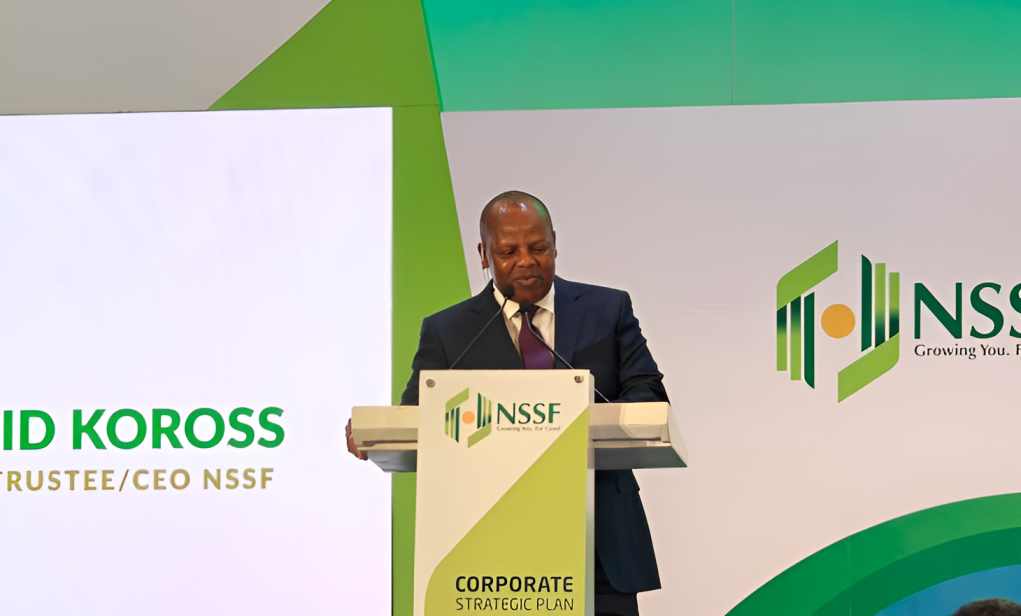NSSF audit reveals ghost assets and idle buildings

The audit shows that land in Upper Hill acquired for Sh115 million lacked a valid title deed after its allocation was revoked, raising serious questions about the due diligence process.
The Auditor-General has flagged major irregularities in the National Social Security Fund’s real estate investments, bloated payroll, and risky financial decisions, painting a grim picture of mismanagement at the state pension body.
In a new report covering the financial year ending June 30, 2024, the audit shows that land in Upper Hill acquired for Sh115 million lacked a valid title deed after its allocation was revoked, raising serious questions about the due diligence process.
The report further found several properties in Nairobi’s central business district lying idle without generating income. Others were rented out with no valid lease agreements in place.
In Kisumu, a property valued at Sh228 million was flagged for irregular operations, though the details are still under investigation.
The Fund is also struggling with non-performing and doubtful investments.
It recorded Sh946.6 million in provisions for doubtful debts and accrued income that may never be recovered. A Sh127 million portfolio in underperforming stocks and a Sh38.4 million stake in Consolidated Bank—now worth much less—are among the poor choices cited.
NSSF also has exposure to collapsed banks such as Imperial Bank, Chase Bank, and Real People Microfinance.
Despite setting a 15 per cent return on investment target, NSSF achieved only 8 per cent, far below market performance. The audit warns that such a poor return, coupled with high-risk investments, threatens the Fund’s ability to meet future pension obligations.
The institution is also grappling with a bloated workforce and unrecovered staff loans. A staggering Sh1.3 billion in employee loans and Sh158.3 million in mortgages remain unpaid, with most not being serviced.
Governance excesses also came under the spotlight. The board of trustees held 14 full meetings and nine finance and investment committee sessions—more than double the limit approved by government, costing Sh68.78 million in emoluments.
The Auditor-General described the spending as an abuse of governance structures.
Meanwhile, a Sh128 million project to build a boundary wall in Bamburi has stalled without reason.
Over Sh3.5 million is held in custodial bank accounts operated by an entity not contracted by NSSF, raising accountability concerns.
The Fund is also struggling with outdated records and unreconciled financial transactions. Pending bills amounting to Sh8.97 million have remained unpaid for more than two years, further underscoring the scale of financial mismanagement.
With the spotlight now on the NSSF board and management, pressure is expected from Parliament and civil society to demand answers and reforms.
As the Fund fails to meet performance targets and protect member contributions, confidence in its leadership continues to erode.
